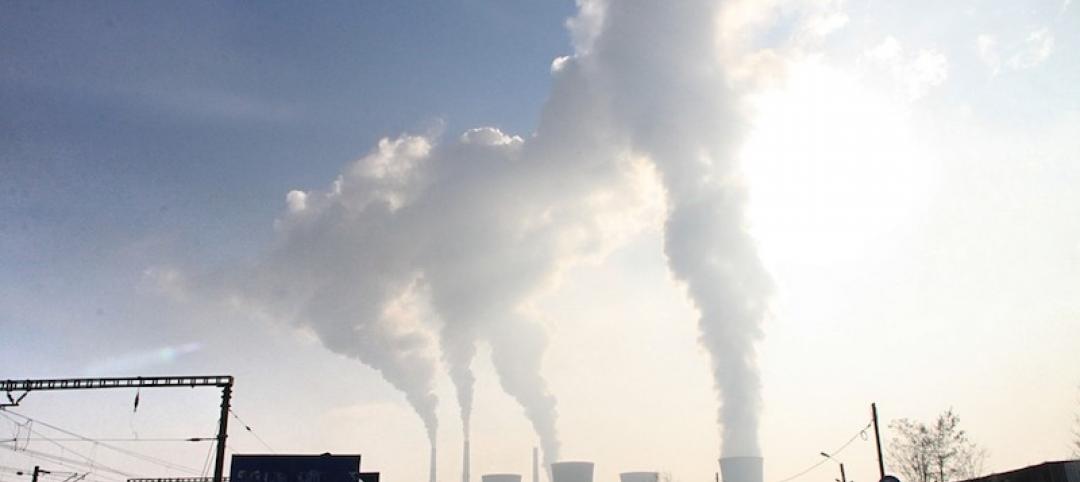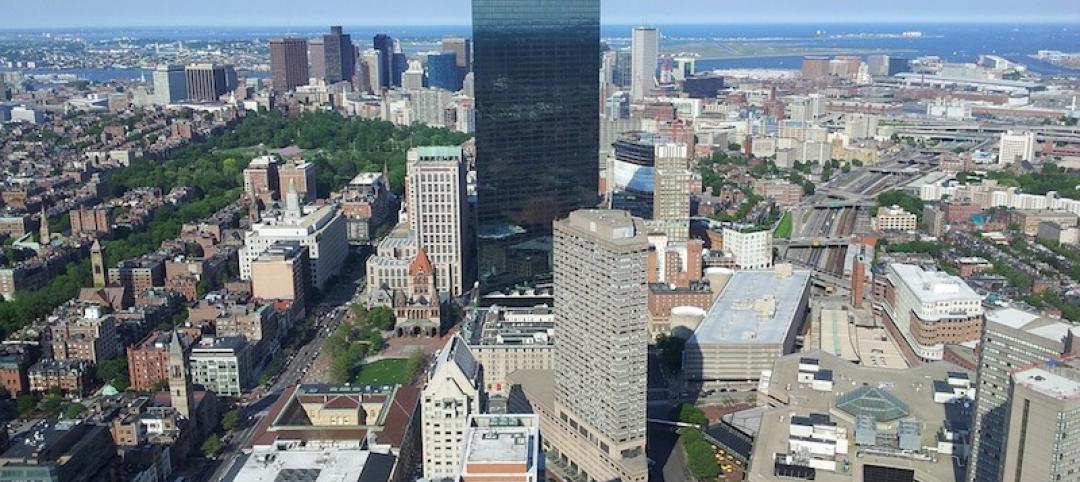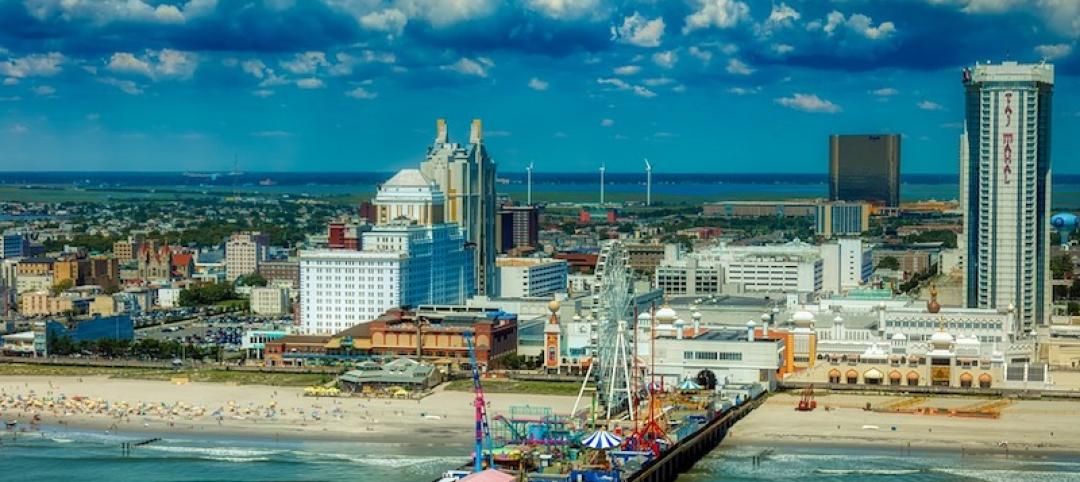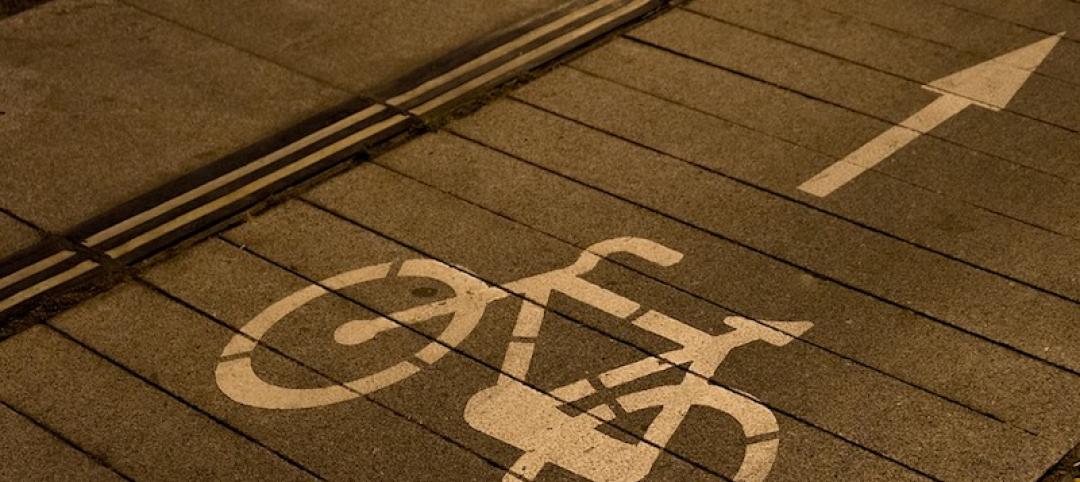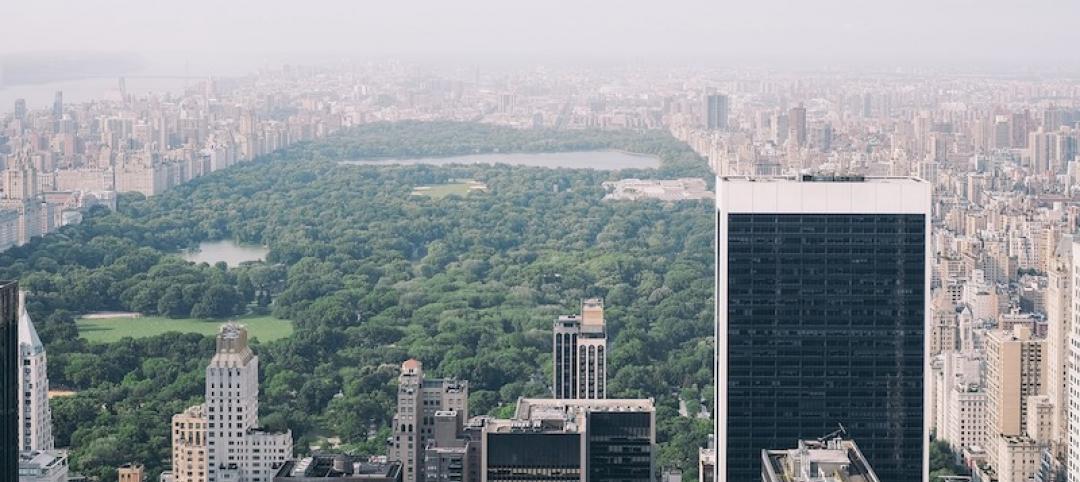At least 30 major U.S. cities have adopted stricter building energy codes since 2017, according to the 2019 City Clean Energy Scorecard released by the American Council for an Energy-Efficient Economy (ACEEE).
Since 2017, nine cities adopted more energy efficient building energy codes: Las Vegas, Mesa, New York, Philadelphia, Phoenix, Reno, San Antonio, St. Louis, and Tucson. Five cities successfully advocated for their states to adopt more stringent standards: Columbus, Cincinnati, Cleveland, Pittsburgh, and Seattle.
Another eight cities adopted efficiency requirements for existing buildings: Chicago, Denver, Minneapolis, New York, Reno, Salt Lake City, San José, and Washington, D.C. These changes will help address climate change, as residential and commercial buildings account for about 36% of total energy-related carbon dioxide emissions each year, ACEEE says.
Six states—Connecticut, Florida, Kentucky, Ohio, Pennsylvania, and Virginia—adopted updated codes that strengthened codes in 15 Scorecard cities. Three cities in the Northeast—Boston, New York, and Worcester, Mass., have all adopted stretch codes that go beyond baseline state codes.
Related Stories
Codes and Standards | Mar 14, 2019
U.S. and Canada differ on how to evaluate field performance of windows, curtain walls
Variations include laboratory test method for determining rate of air leakage.
Codes and Standards | Mar 13, 2019
Climate change can’t be stabilized without addressing urban sprawl
Even if power goes green, transportation will still be a major emissions source.
Codes and Standards | Mar 12, 2019
Virginia county hones new rainwater harvesting standard
Developer prompts new rules to use rainwater for heating and air conditioning.
Codes and Standards | Mar 8, 2019
Portland delays requirement for posted warnings on unreinforced brick and stone buildings
Regulation would mandate signs warning that buildings could be unsafe during earthquakes.
Codes and Standards | Mar 7, 2019
California will allow flame retardant-free building insulation
State also repeals business furniture flammability standard.
Codes and Standards | Mar 6, 2019
Sixty six construction companies cited for wage theft violations in Massachusetts
Penalties total $2.7 million.
Codes and Standards | Mar 5, 2019
Persistent flooding having economic impact on coastal cities
Atlantic City, Annapolis among communities affected.
Codes and Standards | Mar 1, 2019
$1 billion Boston hospital project to include extensive disaster resiliency features
Mass. General expansion will be designed for four days of shelter in place.
Codes and Standards | Mar 1, 2019
U.S. cities have become more dangerous for bicyclists and pedestrians
Reduced speed limits, traffic calming, better education seen as keys to improvement.
Codes and Standards | Feb 28, 2019
High-income renters now the fastest-growing housing market segment
Growth is fastest in mid-sized cities with strong economies.




